24/7 Helpline:
(866) 899-221924/7 Helpline:
(866) 899-2219
Learn more about Substance Abuse Treatment centers in Union County

Other Insurance Options
Beacon

Carleon

WellPoint

Medical Mutual of Ohio

UMR

Absolute Total Care

Private insurance

Sutter

WellCare Health Plans

Magellan

Holman Group

BlueShield

BHS | Behavioral Health Systems

PHCS Network

United Health Care

Optima

Anthem

Meritain

AllWell

GEHA

Center for Human Development
Center for Human Development is a private rehab located in La Grande, Oregon. Center for Human Devel...

Jonathan M. Wainwright Memorial VA Medical Center – La Grande VA Community Based Outpatient Clinic
Jonathan M. Wainwright Memorial VA Medical Center - La Grande VA Community Based Outpatient Clinic p...

















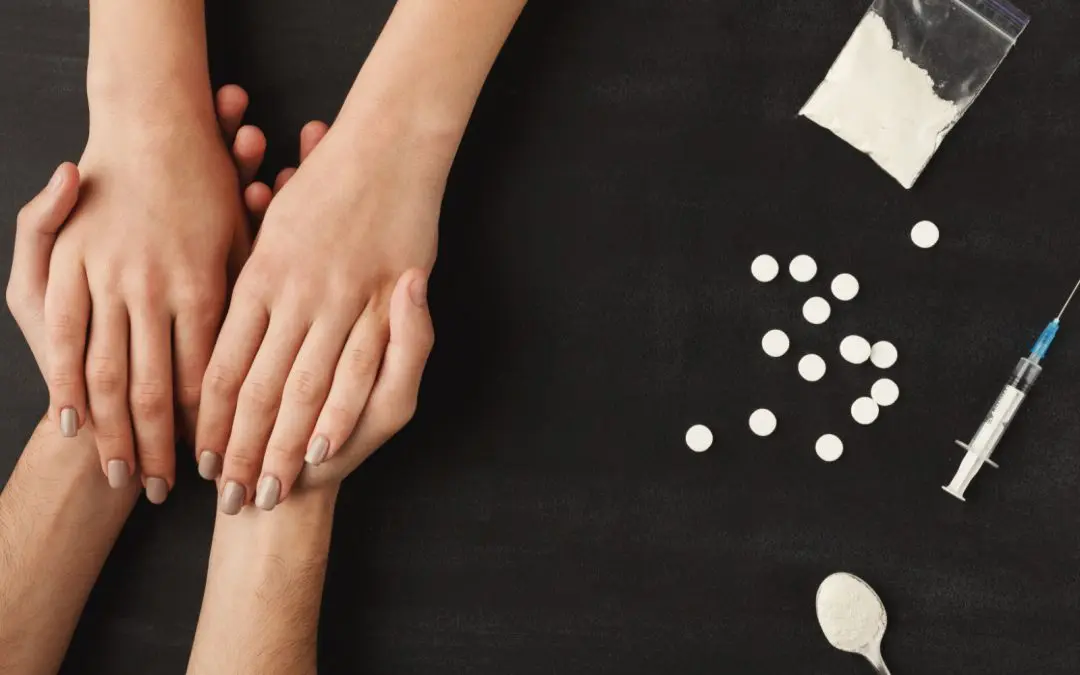


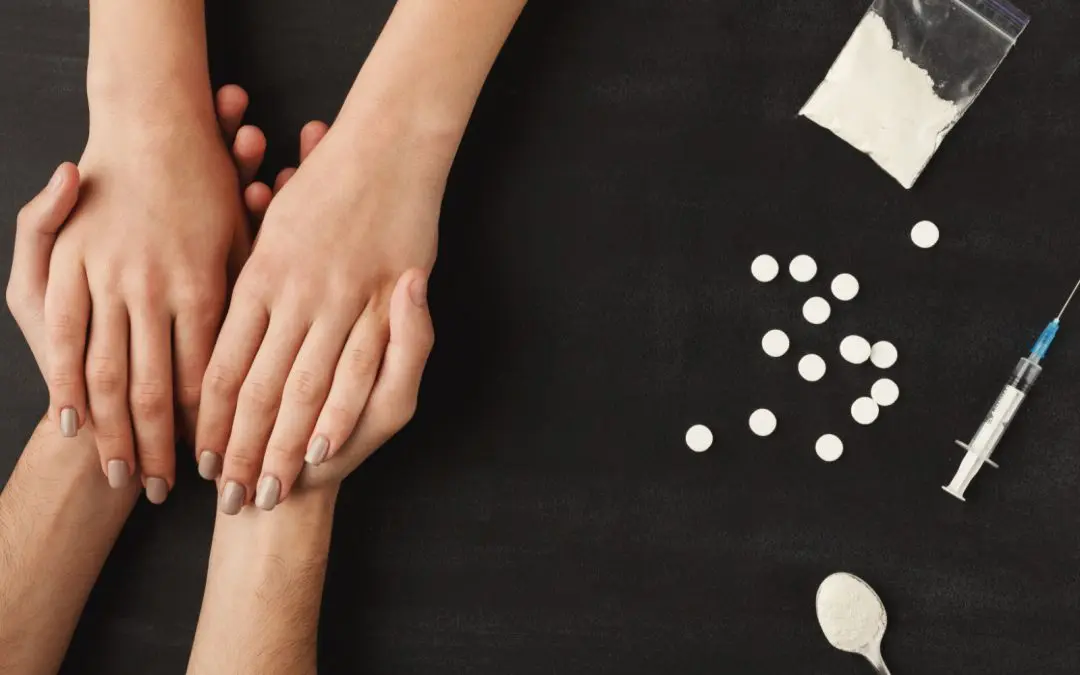











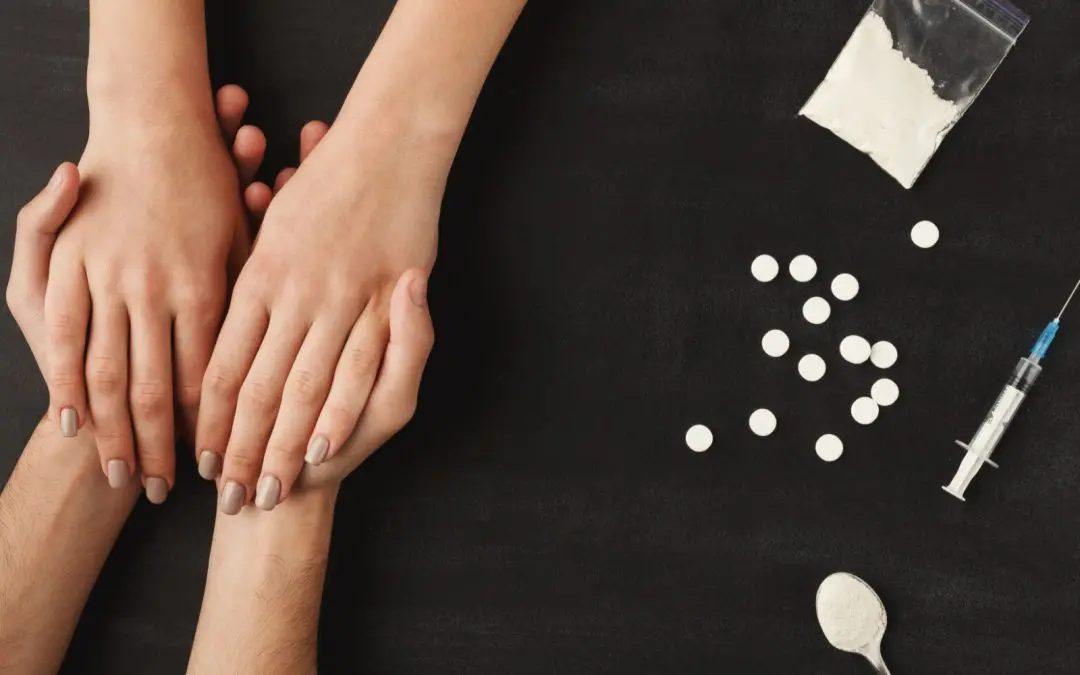










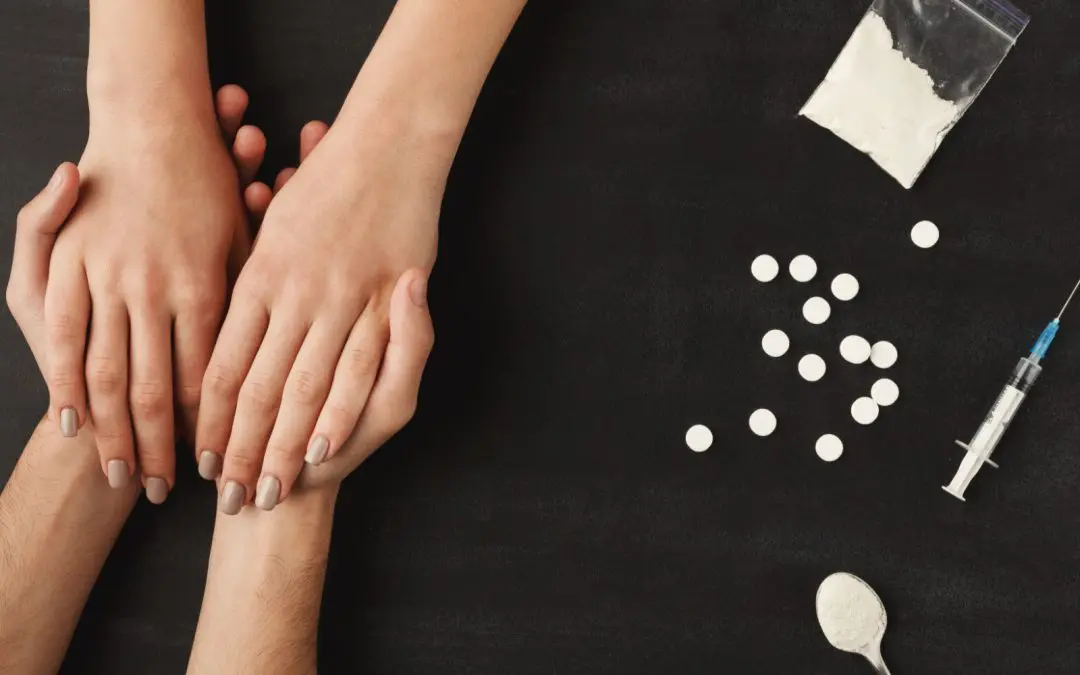













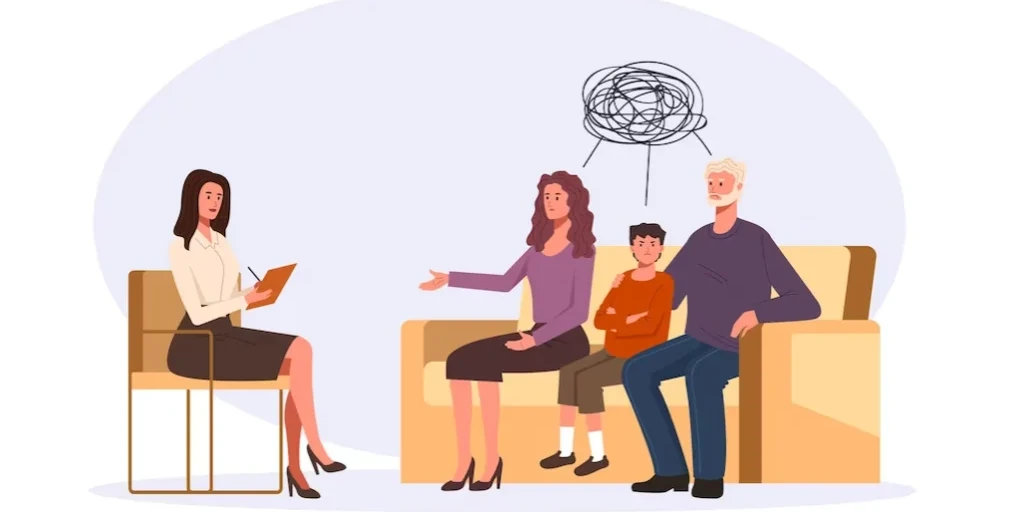






















Heart Steps Counseling Services
Heart Steps Counseling Services is a private rehab located in La Grande, Oregon. Heart Steps Counsel...

Grande Ronde Recovery
Grande Ronde Recovery is a private rehab located in La Grande, Oregon. Grande Ronde Recovery special...


















